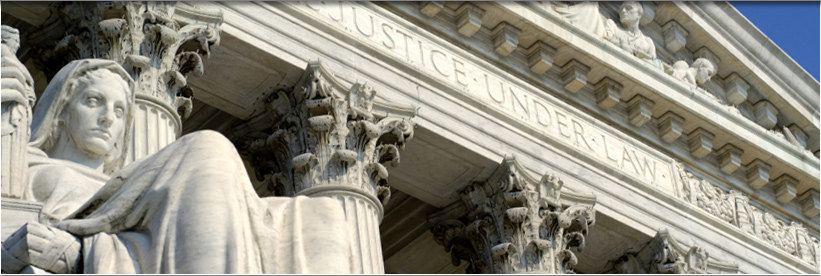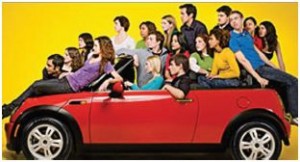Filing a legal claim on the basis of premises liability, for example, when you slip and fall in a store, is worthwhile only when the value of the case is high enough. In other words, if after the winning the case and paying your attorney, will you be compensated enough to justify the time consuming and oftentimes difficult litigation process? We consider the following principles.
First, any business that opens its doors to the public is legally obligated to keep its patrons and visitors reasonably safe. Whether you visit a giant powerhouse like Walmart, Target or Costco, a supermarket chain such as Safeway, or even a smaller business that invites the public in, there is a legal duty to keep customers safe. If you are hurt in a slip and fall on a store’s premise, you may have a valid legal claim against that business.
Sometimes, these accidents are simply accidents, and no one is to blame. Often, however, it’s poor maintenance, failure to clean up, faulty railings, or some other dereliction in care that results in slip and fall injuries. Several factors can be considered in most slip and fall cases. For example, snow or ice in the entry way, failure to place a floor mat in the entry on a rainy day, display items that are poorly placed, inadequate lighting, or a spilled substance or broken item which has been there for a significant length of time can all cause slip and fall accidents. Below are some noteworthy examples of slip and fall settlements:
Home Depot Fall Injury Case Verdict: $950,000
A woman’s knee was injured after her cart hit a manhole cover which was hidden by water, tipping over the cart. Although Home Depot claimed the dangers were obvious, the jury found Home Depot to be 95% at fault, and ordered them to pay $950,000 for the woman’s knee injuries.
Walmart Injury Case Verdict: $600,000
At a New York Walmart, a 34-year-old medical secretary slipped on ice and fell while walking around the store’s premise. After she fell, she was also hit by a falling sheet of ice which had slid off the metal roof above her. She sustained a severe injury to her left arm that required surgery and prevented her from using her hand. Walmart claimed that an employee told the woman to stay inside, but she failed to heed the warning. Walmart also claimed that, that contrary to her claim, the roof was properly designed. The jury awarded the 34-year-old medical secretary $600,000 for her slip and fall injury.
Sam’s Club Injury Case Verdict: $3,960,000
In a Michigan case, a 54-year old heart surgeon tripped over the tongue of a trailer hitch in a Sam’s Club parking lot while carrying a large bulk package of paper towels. The surgeon suffered a spinal injury, which caused his hands to shake continually. The fall injury ended his career. The surgeon alleged the trailer hitch should have been cordoned off or marked with a cone. He received $3.96 million for loss of future income.
Other examples of slip and fall settlements found from various new outlets include:
- $2 Million Awarded to family for hospital fall of elderly patient
- $70,000 to girl for foot injuries received during gym class
- $18 Million to medical student for open manhole injury
- $300k for fall at PetSmart store
Liability for a Slip and Fall in a Store
Slip and fall cases are extremely common, but not all result in such huge settlements as those noted above. Moreover, not all cases are won by the plaintiff. Broadly, the business owner may be liable if the condition was known, but no steps were taken to remedy the situation.
For example, if a customer breaks a bottle of apple juice in a grocery store, and another customer immediately slips and falls, there will likely be no premises liability, as the store did not have adequate notice or time to remedy the situation. On the other hand, if some time went by and the store was advised of the spill or should have discovered it and did nothing, and another customer slipped and fell, then there is a good possibility of liability. At the same time, the plaintiff must also prove that the condition at issue was not so obvious that he or she could have avoided or mitigated the incident.
If you were injured in a slip and fall accident in or near a store, contact the Law Offices of Stuart L. Plotnick to discuss your claim.
Sources: http://www.injuryhelpline.com/blog/slip-fall-store-injury-cases-settlements/#more-1044
http://www.slipnomore.com/Slip_and_Fall_Verdicts


